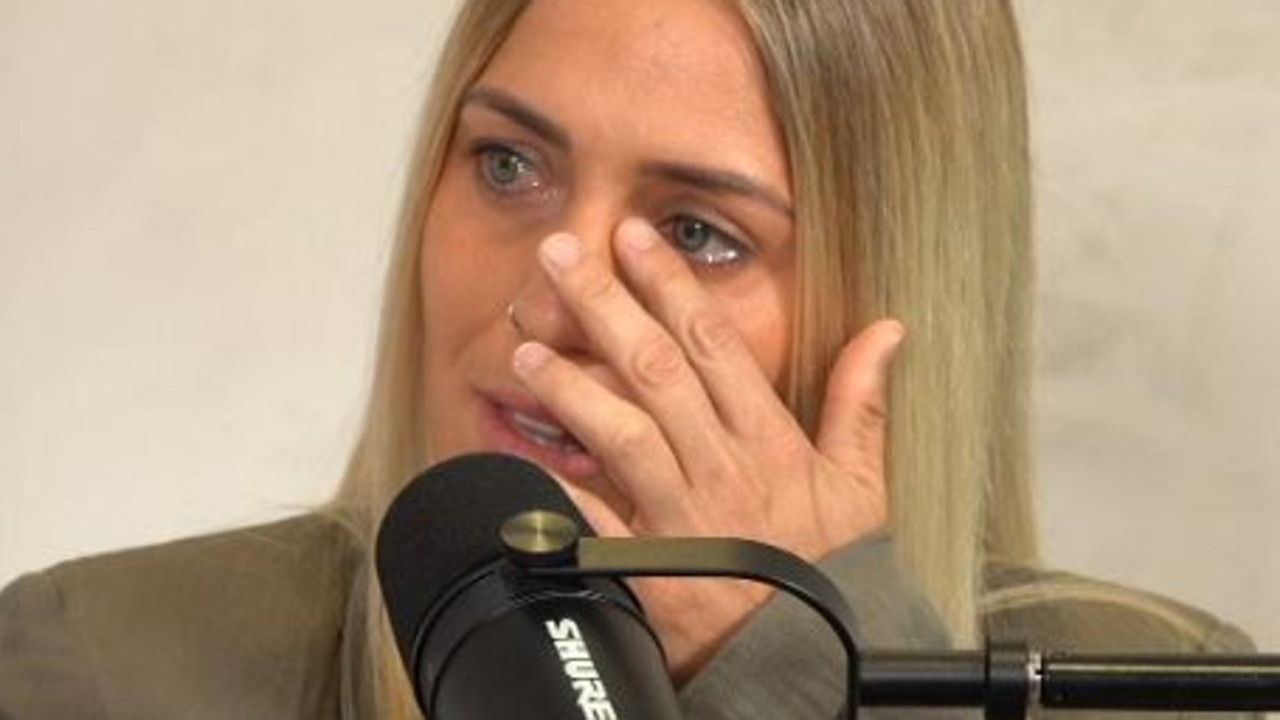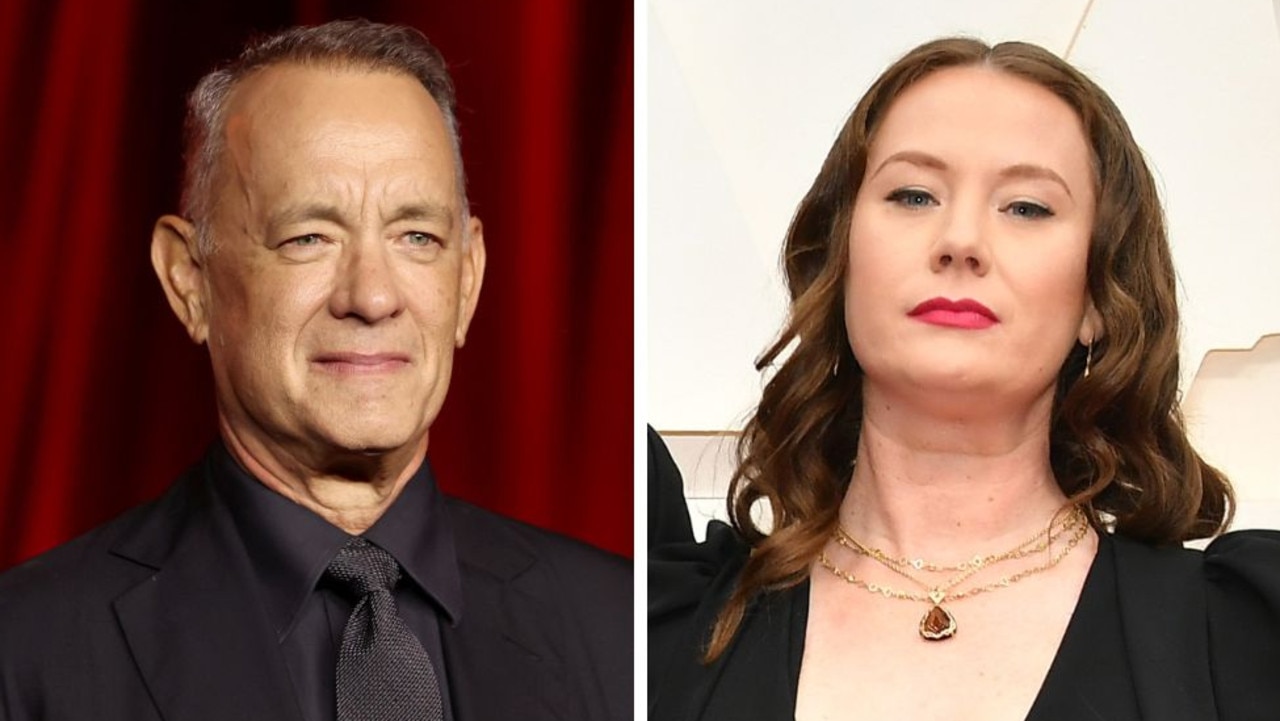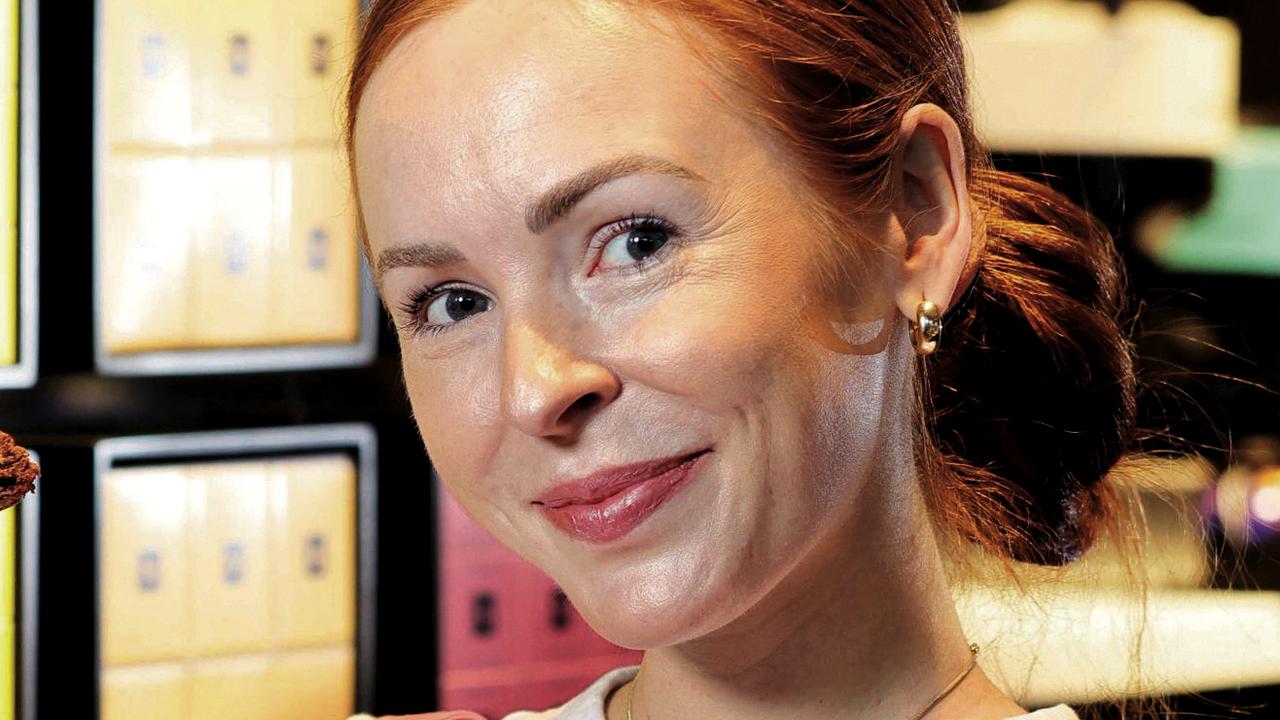JK Rowling defends her comments against allegations of transphobia
Harry Potter author JK Rowling has explained why she waded into a controversial debate on gender identity, addressing her “own complex backstory”.
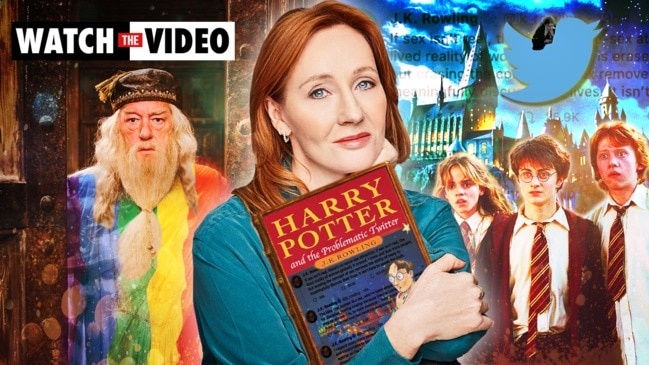
JK Rowling is “refusing to back down” to trans activists, penning a lengthy essay in response to fierce backlash.
The Harry Potter author was hit with widespread condemnation when she called out a headline that read “People who menstruate”.
“I’m sure there used to be a word for those people,” Rowling tweeted.
“Someone help me out. Wumben? Wimpund? Woomud?”
Rowling then responded to the initial backlash on Twitter, telling her 14.5 million followers “if sex isn’t real, the lived reality of women globally is erased”.
“I know and love trans people, but erasing the concept of sex removes the ability of many to meaningfully discuss their lives. It isn’t hate to speak the truth,” she added.
RELATED: JK Rowling accused of transphobia
RELATED: Harry Potter star speaks out against JK Rowling
I respect every trans person’s right to live any way that feels authentic and comfortable to them. I’d march with you if you were discriminated against on the basis of being trans. At the same time, my life has been shaped by being female. I do not believe it’s hateful to say so.
— J.K. Rowling (@jk_rowling) June 6, 2020
Rowling has since addressed the entire controversy in a lengthy essay on her website - revealing for the first time she is a domestic abuse and sexual assault survivor and why it has led her to fighting for women.
Kicking off her lengthy essay, Rowling said she hoped her explanation would not add any more toxicity to the debate.
“This isn’t an easy piece to write, for reasons that will shortly become clear, but I know it’s time to explain myself on an issue surrounded by toxicity. I write this without any desire to add to that toxicity,” she started.
Rowling goes on to explain her interest in biological sex and trans issues has always been “intensely personal”.
The author says she has five reasons for “being worried about the new trans activism”, leading her to speak up.
The first, Rowling says, is her contribution to a number of charities - specifically relating to women and children.
“I also fund medical research into MS, a disease that behaves very differently in men and women. It’s been clear to me for a while that the new trans activism is having (or is likely to have, if all its demands are met) a significant impact on many of the causes I support, because it’s pushing to erode the legal definition of sex and replace it with gender.”
Rowling’s second reason is her interest in “education and safeguarding” that comes from being an ex-teacher and the founder of a children’s charity.
“I have deep concerns about the effect the trans rights movement is having on both,” she wrote.
Third, Rowling claims, is her interest in freedom of speech.
“I have publicly defended it, even unto Donald Trump,” she wrote.

Her fourth reason is “where things start to get truly personal”.
“I’m concerned about the huge explosion in young women wishing to transition and also about the increasing numbers who seem to be detransitioning (returning to their original sex), because they regret taking steps that have, in some cases, altered their bodies irrevocably, and taken away their fertility. Some say they decided to transition after realising they were same-sex attracted, and that transitioning was partly driven by homophobia, either in society or in their families,” Rowling wrote.
The Fantastic Beasts author addressed reading about the experiences of young trans men.
“The more of their accounts of gender dysphoria I’ve read, with their insightful descriptions of anxiety, dissociation, eating disorders, self-harm and self-hatred, the more I’ve wondered whether, if I’d been born 30 years later, I too might have tried to transition,” she wrote.
“The allure of escaping womanhood would have been huge.
“As I didn’t have a realistic possibility of becoming a man back in the 1980s, it had to be books and music that got me through both my mental health issues and the sexualised scrutiny and judgment that sets so many girls to war against their bodies in their teens.”
Finally, Rowling addressed - for the first time publicly - being a domestic abuse and sexual assault survivor.
“This isn’t because I’m ashamed those things happened to me, but because they’re traumatic to revisit and remember,” she said.
“I’m mentioning these things now not in an attempt to garner sympathy, but out of solidarity with the huge numbers of women who have histories like mine, who’ve been slurred as bigots for having concerns around single-sex spaces.
“I managed to escape my first violent marriage with some difficulty, but I’m now married to a truly good and principled man, safe and secure in ways I never in a million years expected to be. However, the scars left by violence and sexual assault don’t disappear, no matter how loved you are, and no matter how much money you’ve made.
“My perennial jumpiness is a family joke – and even I know it’s funny – but I pray my daughters never have the same reasons I do for hating sudden loud noises, or finding people behind me when I haven’t heard them approaching.”
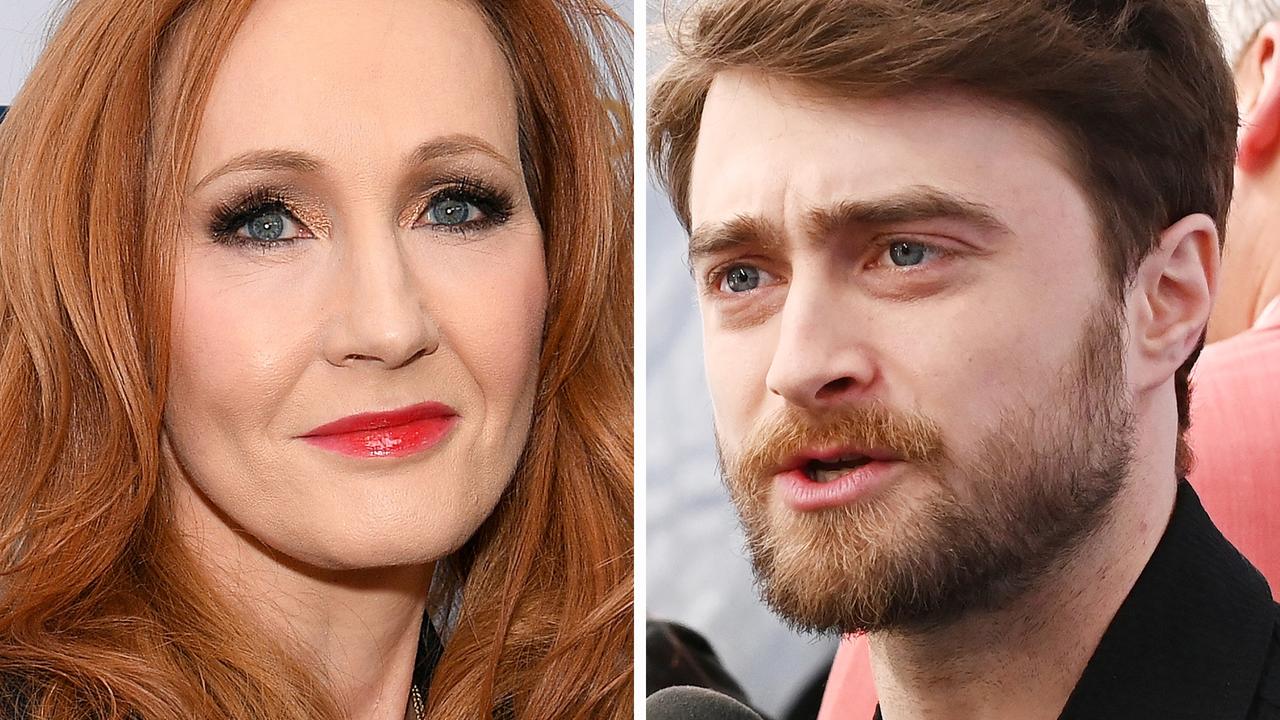
Rowling also addressed the barrage of abuse she’s been hit with since talking about the trans movement.
“It isn’t enough for women to be trans allies. Women must accept and admit that there is no material difference between trans women and themselves,” she wrote.
“But, as many women have said before me, ‘woman’ is not a costume. ‘Woman’ is not an idea in a man’s head. ‘Woman’ is not a pink brain, a liking for Jimmy Choos or any of the other sexist ideas now somehow touted as progressive.
“Moreover, the ‘inclusive’ language that calls female people ‘menstruators’ and ‘people with vulvas’ strikes many women as dehumanising and demeaning. I understand why trans activists consider this language to be appropriate and kind, but for those of us who’ve had degrading slurs spat at us by violent men, it’s not neutral, it’s hostile and alienating.”
Rowling’s essay and previous comments continue to cause widespread condemnation and praise.
Harry Potter actress Emma Watson addressed the essay this morning, calling for her Twitter followers to donate to trans charities.
I want my trans followers to know that I and so many other people around the world see you, respect you and love you for who you are.
— Emma Watson (@EmmaWatson) June 10, 2020
Fellow Harry Potter actor Daniel Radcliffe was also quick to apologise for Rowling’s comments.
“To all the people who now feel that their experience of the books has been tarnished or diminished, I am deeply sorry for the pain these comments have caused you,” he wrote in an essay on The Trevor Project.
“I really hope that you don’t entirely lose what was valuable in these stories to you.”
Actor Eddie Redmayne, another of JK Rowling’s stars from Fantastic Beasts, said he disagreed with the author’s comments.
“Respect for transgender people remains a cultural imperative, and over the years I have been trying to constantly educate myself,” Redmayne told Variety yesterday.
“As someone who has worked with both JK Rowling and members of the trans community, I wanted to make it absolutely clear where I stand. I disagree with Jo’s comments. Trans women are women, trans men are men and nonbinary identities are valid.”


